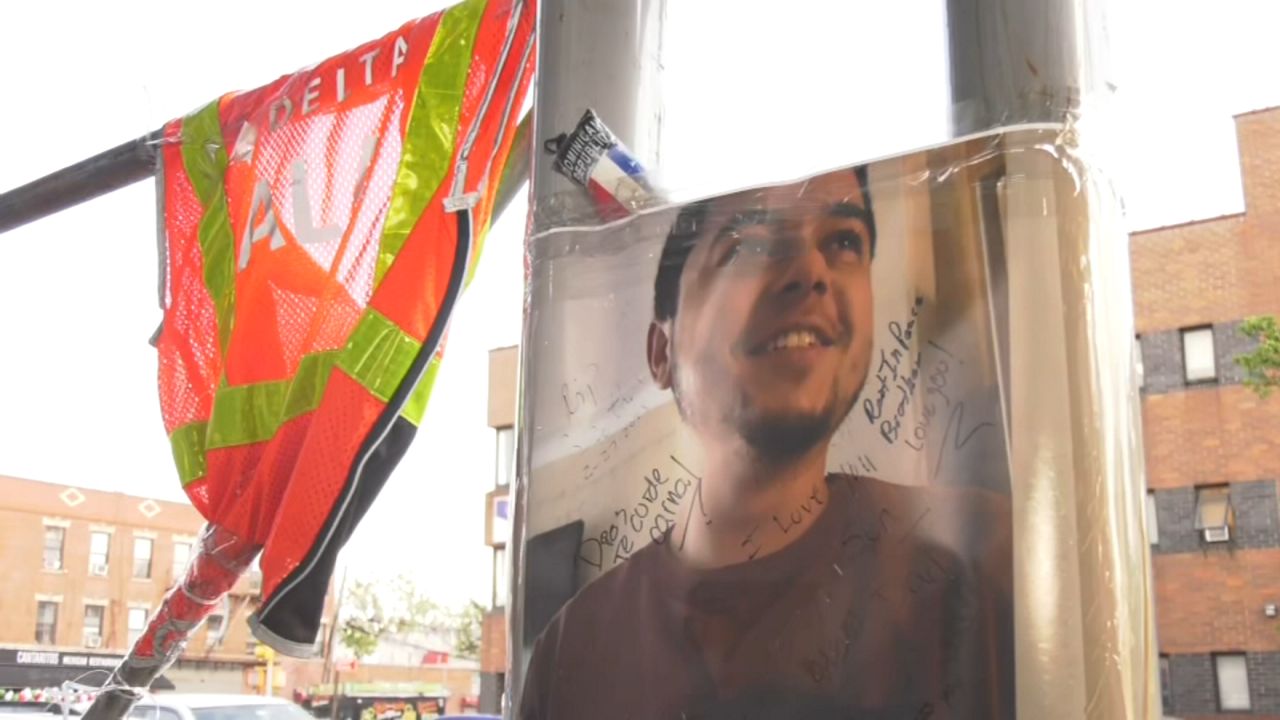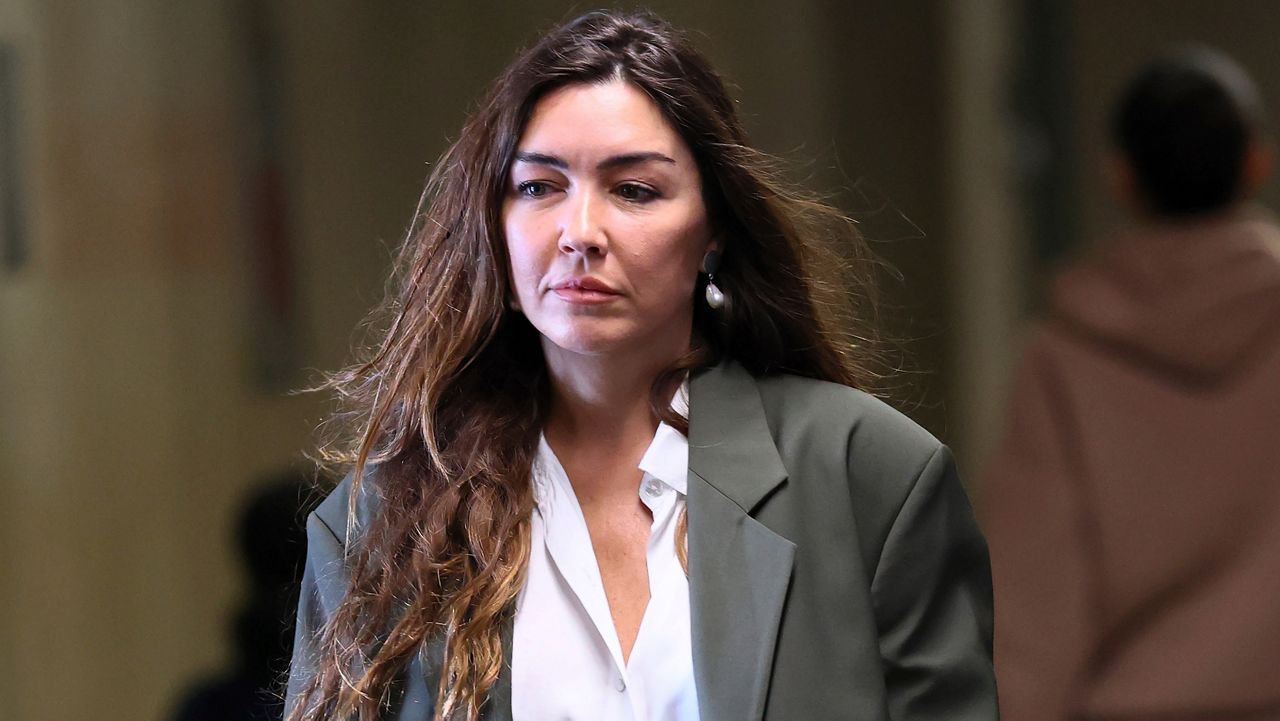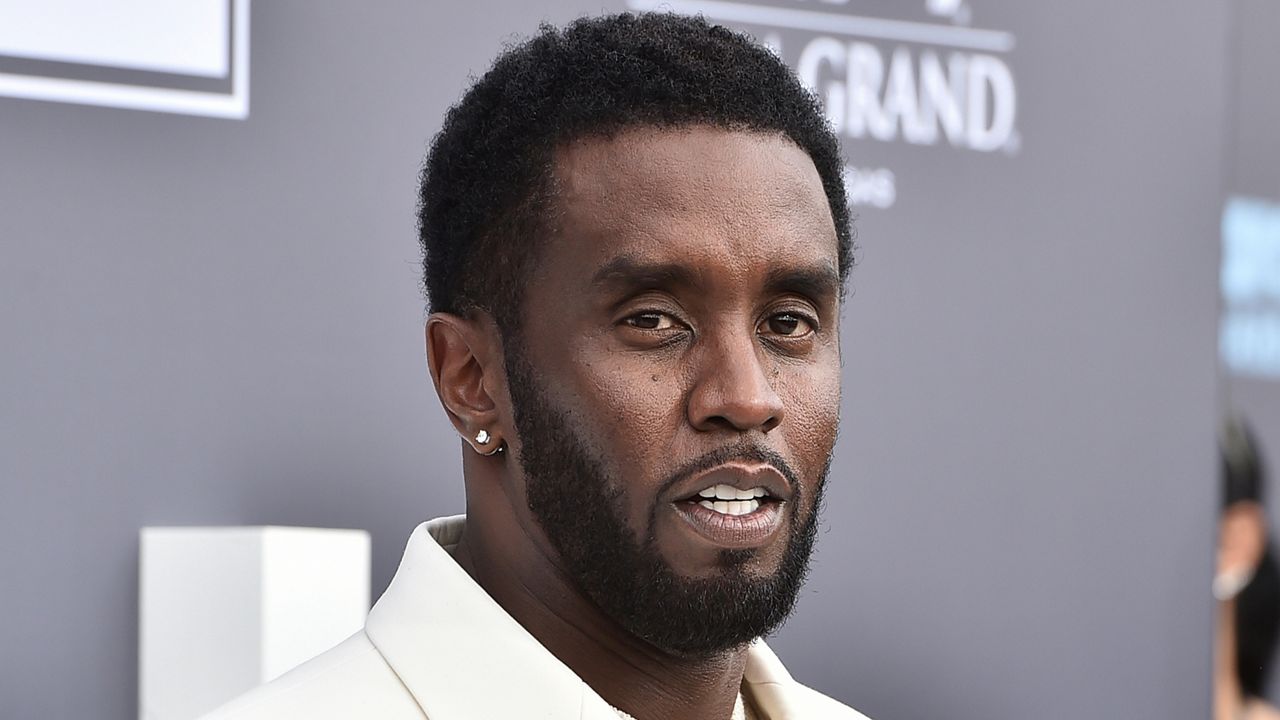Yolanda Davis will never forget when detectives knocked on her door to inform her that her 7-year-old granddaughter, Julissia Batties, had been found dead in the Bronx apartment where she’d been living with her mother and siblings.
“They beat her and beat her until they killed my granddaughter,” Davis said. “I’m thinking the detectives and them are coming to tell me they have to bring her back to me. Instead, they came to tell me my granddaughter expired. That didn’t make no sense to me because she was loved here."
Davis had been fighting for the better part of a year to get Julissia back after a caseworker at the Administration for Children's Services decided that Julissia should live with her mother, Navasia Jones, who, along with Julissia’s half-brother, has been charged with her murder. Both have pleaded not guilty.
What You Need To Know
- ACS decided that Julissia Batties should live with her mother, over the objections of Julissia, her grandmother and others. A little more than a year later, the 7-year-old was beaten to death, and her mother and half-brother are charged with murder. Both have pleaded not guilty
- Her grandmother, Yolanda Davis, had been fighting for years to protect Julissia. Davis blames ACS for sending Julissia to live with her mother despite Julissia's fear of Jones
- Nearly two years after Julissia's death, ACS will still not comment on any specifics about the case or where it may have failed. But ACS Commissioner Jess Dannhauser says as a result of cases like Julissia's, the city has expanded coaching during active cases
- Attorney Derek Sells is suing the city on behalf of 4-year-old Jace Eubanks, another child "known" to ACS, who was killed a month after Julissia. Sells says too often, the most vulnerable children get the least protection. Of ACS, Sells says, “their duty is to protect children"
That recommendation from the city agency was made over the objections of her grandmother, her court appointed lawyer and Julissia herself. ACS would not comment on these recommendations.
Davis said Julissia was terrified of her mother. Jones had lost custody of Julissia at birth due to alleged abuse and neglect of her four other children. Child welfare officials placed Julissia in the care of Davis, her paternal grandmother, who would spend the next seven years fighting to protect her.
Despite Julissia’s fear of her mother, the agency insisted that it was important for her to have supervised visits.
Davis said when she brought Julissia for these visits, she "would go into the corner, and she would be crying, and I would be crying and I’m saying, 'Y’all don’t see this? I mean, does this say something to you guys? This is like a red flag to me.’” Davis said the caseworker’s response was, “I know, but she has to see her mom.”
Over time, Julissia was also forced to go on court-permitted weekend visits to her mother’s apartment. In one phone conversation during one of these visits, Davis recorded Julissia saying, “Grandma, are you calling the police?” When Davis asked why she should call the police, Julissia can be heard saying, “Because I don’t want to go with mommy.”
In January 2020, a therapist who worked with Julissia wrote, “Julissia presents discomfort when the subject of 'mom' is being introduced.”
But in March of 2020, ACS decided Julissia should return to live with her mother, without supervision.
Davis asked an ACS caseworker why this decision was made, and recorded a phone conversation with the caseworker, who told her, “They probably want to close this case.” Davis can be heard on the recording saying, “You can’t close the case. The child is scared to death of her.”
Julissia’s father, Julius Batties, never had custody of his daughter. Julissia’s mother had filed a number of domestic abuse cases against him, and while none was ever substantiated and he has no criminal record, the allegations kept him from spending a significant amount of time with Julissia. He blames ACS for sending her to live with her mother, despite the red flags.
"They didn’t care. They knew,” Batties said. “They knew what danger she was in, because I was letting them know too. And they see a lot of things for themselves as workers, but they brushed it under the rug. They didn’t care to do nothing about it.”
Julissia’s death, a little more than a year after moving in with her mother, illustrates the broader challenge of protecting vulnerable children in New York City, the tension over whether to reunite abused children with parents who appear to be making progress, and caseworkers under pressure to close cases.
Attorney Derek Sells says too often, the most at-risk children get the least protection. “Their duty is to protect children, “ Sells said.
Sells is suing the city and ACS on behalf of another victim, 4-year-old Jace Eubanks, who died a month after Julissia. The medical examiner’s office ruled the cause of death battered child syndrome. His mother’s boyfriend, Jeremiah Johnson, is charged with his murder.
The city's Law Department responded to the lawsuit Wednesday afternoon with the following statement: "The death of a child is tragedy no family should endure. The case is under review."
Sells says the agency ignored obvious signs of abuse.
“Time after time when a child dies as a result of the city's failure to protect them, and you have investigations that take place and say, ‘Oh, this is why the child died. That is why the child died,' and then nobody takes those recommendations and puts them into place, you have repeated instances of children being abused, being taken out of the home, not being protected and increasing the likelihood that they will be killed,” Sells said.
In 2018, the city passed a law mandating an annual report on child fatalities. It includes data on deaths of children who were known to ACS because of past or current cases with the agency. The most recent available report, from 2020, shows that about 60% of the child fatalities alleging maltreatment were tied to families “known” to ACS. ACS Commissioner Jess Dannhauser claims these reports demonstrate it is being transparent.
“We go and put out a document that describes everything that we've learned, everything that we did, things that we didn't do, and what our actions are,” Dannhauser said.
But the reports have no details about what went wrong or where the agency may have failed. The latest report suggests “strengthening the engagement of fathers” and supporting “staff in navigating the mental health system”
NY1 asked what ACS’s reviews revealed in Jace’s and Julissia’s cases.
“We've done a lot to change from those cases,” Dannhauser said. "From every investigation that we do, from all of the support that we provide families, we're expanding our coaching during active cases. So we look at the highest-risk cases and have an expert coach work with our staff to make sure that they're getting the guidance that they need in addition to their supervision.”
That is cold comfort to Yolanda Davis. "She trusted me and I felt, I feel that I failed her in a way because I tried everything," Davis said. "I did everything I could. I told them, Julissa told them, and they were not listening. When a child is telling you something, you gotta listen.”
ACS says that when a child “known to ACS” dies, it conducts a full review of the case to identify issues in practice and policies, with the ultimate goal of preventing more tragedies from happening. Those reviews include a looking at any documentation, a family’s history with the agency, medical reports, interviews with staff and more.
It says its internal monitor tracks all recommendations made after the review process is complete. ACS also says that its Accelerated Safety Assessment Protocol (ASAP) program, launched in 2018, evaluates and strengthens safety practices on the highest-risk cases in order to identify potential safety concerns and/or opportunities for improvement.
Editor’s note: This story was updated with a statement that NY1 received from the city Law Department Wednesday afternoon.







_Pkg_Car_Stolen_with_Child_Inside_Clean_FOR_APPROVAL_134114017_565)

